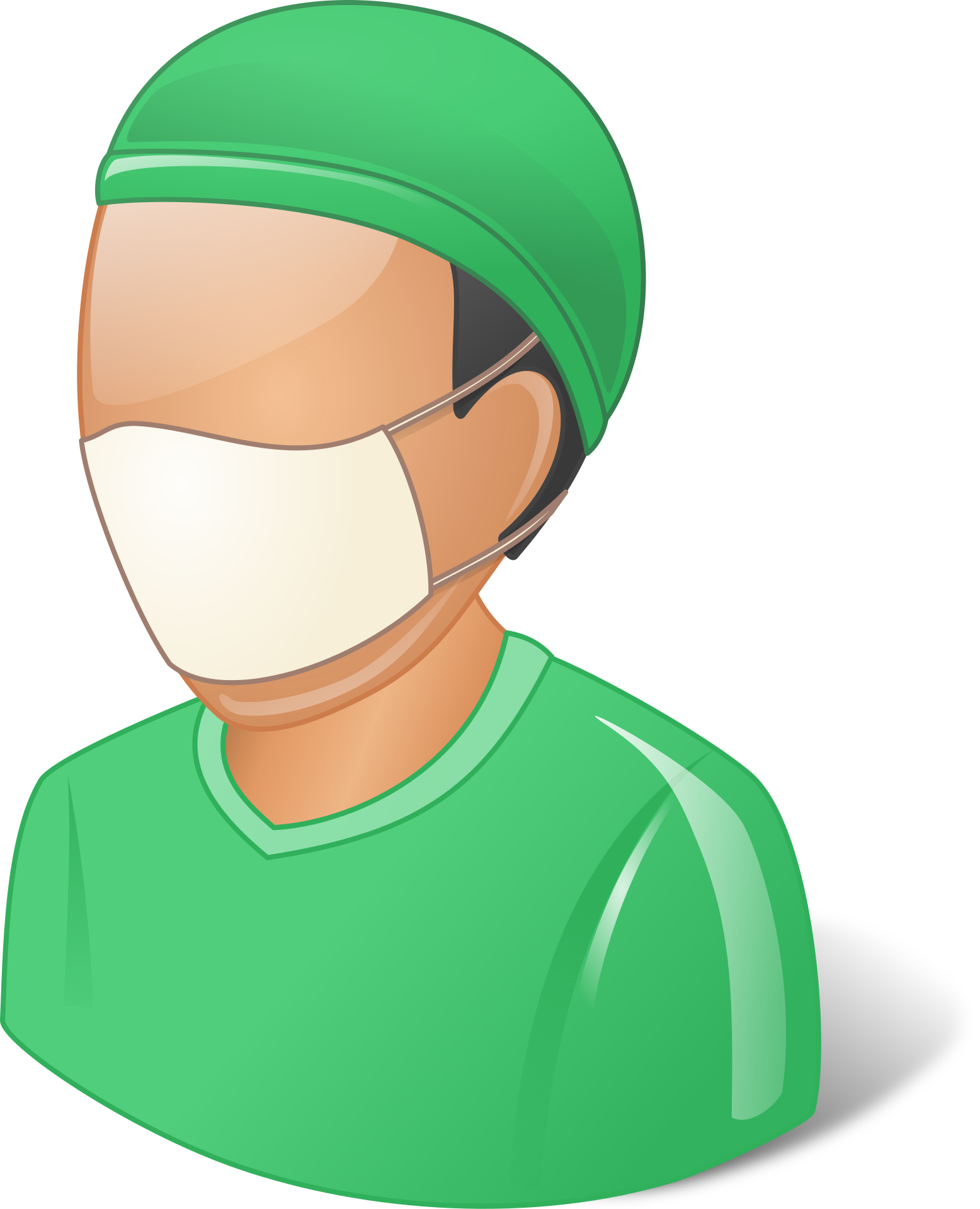Lingering depression from prolonged COVID isolation, coupled with reopening anxiety has spurred many people to seek therapists. And, in their moment of need, they’re increasingly being met with waitlists.
“We’re pretty overwhelmed here. The volume is like nothing I have seen before,” says Wendy Keller, LCSW at Behavioral Health Services of the Hudson Valley [BHSHV] a private psychotherapy group practice in Newburgh. Normally their wait time for an appointment is one to two weeks. Today they’re operating at a four- to six-week wait for new patients, with a 30 percent higher patient volume.
“People can do well during a catastrophic event, such as a pandemic, as we naturally go into survival mode,” Keller explained. “It isn't until after the worst part is over that we begin to experience or recognize resulting anxiety, depression or post-traumatic stress.”
Kim Ellison of Hudson Valley Family Therapy in Poughkeepsie is also experiencing increased requests. “There are days where I get 4 or 5 phone calls a day. I’m hearing from clients when I call back that most clinicians don’t even call back,” she says.
This onslaught is hardly unexpected. According to the American Psychiatric Association, more than four in 10 Americans (41 percent) say they’re currently more anxious than last year, down from just over 60 percent in 2020. The “Stress in America” report released yearly by the American Psychological Association reflected the increased drinking and unhealthy weight gains so many of us have been talking about anecdotally. Pandemic stress is real.
“We were locked away for 15 months and deprived of natural things. People are really post-traumatic and have experienced prolonged exposure to loss and stress. We are seeing depression, anxiety, alcoholism, having trouble readjusting to opening up,” says Keller. Many people have gotten cozy with the hermit life which Keller says “isn’t ideal.”
“It’s not all pandemic related, but it is pandemic exacerbated,” says Ellison. After the stressors of lockdown, concerns that were formerly manageable aren’t any longer. “Anyone who had low lying anxiety or depression, it’s all exacerbated right now.”
Creative responses to demand
To respond to increased demand, therapists newly juggling high caseloads are getting innovative. Ellison, a sole proprietor, refers out the patients she can’t take on. At BHSHV, where there are two psychiatrists and 23 psychotherapists, they recently added a stress management group therapy option for adolescents to their offerings. This enables them to include more of the people on their waitlist.
“It’s not ideal but it’s better than nothing to help some folks out before they can get into individual therapy,” says Keller. The group also hired a behavior health integrator to act as a liaison for the “huge influx” of referrals from primary care providers. If medication is indicated, the integrator can help get people closer to care.
“In uncomplicated cases, if we know we are looking at PTSD because of the last 15 months, we will give psychotropic prescriptions. It’s a tricky walk especially with adolescents; you don’t want to promote reliance on medication if you can try other things first.”
The kids are not alright
Stressed-out parents are magically thinking all is better now that kids can be out of the home. That’s not the case. Ellison refers to kids in general as “the forgotten part of the pandemic,” and says teens are uniquely vulnerable right now. The first stress management group BHSHV started was for adolescents. “They all want to sit home in bed. That’s the worst thing for them, to have their only sense of peer connection [on] social media. The platforms are so riddled with negativity and developmental angst,” says Keller.
At Astor Services, which has multiple clinics in the Hudson Valley, kids, teens and twenty-somethings are the main focus of their mental and behavioral health services. “We are seeing more kids with dual diagnoses. Before they were coming in with depression, they are now coming in with multiple diagnosis anxiety and PTSD from COVID,” says CEO Yvette Bairan.
Astor is witnessing increased need not only at their outpatient community mental health clinics, but also in crisis services. “We are experiencing higher rates of suicide attempts. During the pandemic, our [clients’] suicide rate increased by 40 percent. When I tell community partners that they are like, It’s unbelievable.”
This is in line with what medical providers nationwide were seeing during the pandemic, too.
According to the CDC, hospital emergency departments saw a rise in the number of mental-health related visits from kids under 18.
If you or someone you know may be considering suicide, contact the National Suicide Prevention Lifeline at 1-800-273-8255 (en español: 1-888-628-9454; deaf and hard of hearing: dial 711, then 1-800-273-8255) or the Crisis Text Line by texting HOME to 741741.
At Astor Services, someone assessed high risk or in crisis will be seen right away, but for private appointments, the wait can stretch to one month for a clinician to three months for a psychiatrist, and they’ve temporarily halted intakes for their outpatient services.
Part of the delay is due to a decline in licensed job applicants. “At our outpatient community mental health clinic in the Hudson Valley, our [job] vacancy rate is 35 percent,” says Bairan, who is now offering signing bonuses for new hires. “God forbid because someone couldn’t access us, they went down a more critical path.” In the interim, their staff has increased caseloads — up to 40 clients from around 25.
Therapists are people, too, and the current surge in demand for mental health services weighs on them even if they know how to compartmentalize. “We have been trained to care for ourselves. When we take our own advice we do well. When we don’t, we are as vulnerable as anyone else,” says Keller.
Pacing themselves is critical because there is no quick fix here. “It’s going to take months to reacclimate,” says Keller. “Time is a primary factor in recovering from loss or a traumatic experience and the pandemic has represented both in a prolonged way.”

